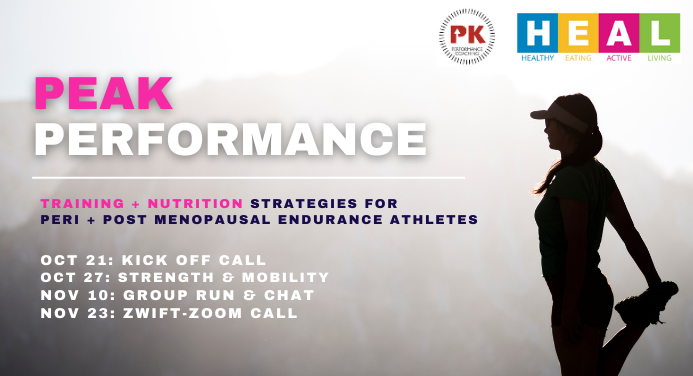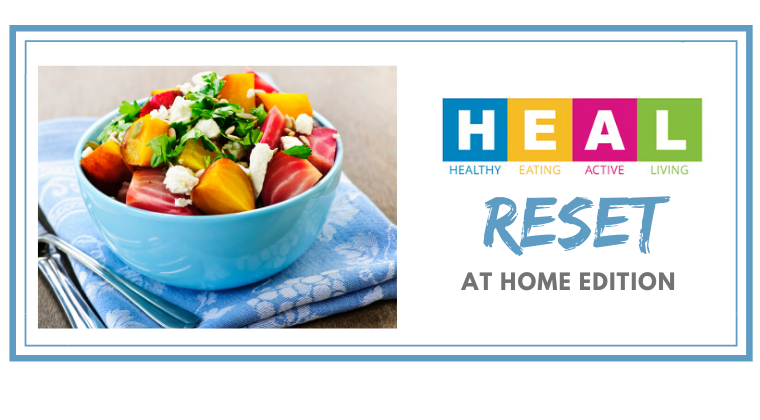
Ask A Nutritionist! (May/June 2008) -The Run-Down on Fat
June 14, 2008
Ask A Nutritionist! (Sept/Oct 2008) –Nutrition for Runners over 40
October 14, 2008“What can a runner do nutritionally to try to prevent and eliminate muscle cramping in the late stages of a longer race.”
Muscle cramps and spasms can be a painful and inconvenient experience, especially during competition. While the exact cause of muscle cramping is not fully known, some cases of muscle cramping may result from low fuel stores (muscular exhaustion), biomechanical problems, or mineral and fluid deficiencies. Nutrition can’t fix biomechanical issues, however there are some nutritional strategies that can help you prevent or minimize muscle cramping during the later stages of longer races.
Low fuel stores result in muscular exhaustion and potentially muscle cramping during long races when there is a failure to consume enough carbohydrate to fuel your body. Consuming sufficient amounts of carbohydrate (30-60g / hour of activity) will provide necessary energy for your muscles.
Electrolytes a.k.a. salts function to control metabolic activities including fluid balance, nerve function, muscle contraction and acid/base balance and are lost during activity through sweat. While sodium is the primary electrolyte in the body when it comes to sweat, potassium, chloride, magnesium and calcium are also present. A litre of sweat contains approximately 500-1,800 mg of sodium, 700-2,100 mg of chloride, 150-300mg of potassium and 40mg of calcium.
If large amounts of sodium chloride are excreted (white stains on clothing) and only water is consumed then a dilution of blood sodium levels will result, as well as an increased risk for muscle cramping. While most people actually consume too much sodium in their diets, athletes have an increased need for sodium, especially if they are heavy sweaters. Consuming a sports drink containing roughly 250mg of sodium per hour during exercise will help maintain blood sodium levels.
Potassium deficiency or an imbalance between sodium and potassium is also speculated to be related to muscle cramping. Excess sodium as well as caffeine, alcohol and sugar can deplete potassium in the body. Fresh fruits and vegetables, especially citrus, bananas, avocados, greens, carrots and potato skins are all rich in potassium. Canned fruits and vegetables are deficient in potassium.
Calcium and magnesium are involved in muscle contraction and relaxation. Ensuring that your calcium and magnesium levels are optimal may also help prevent muscle cramping. In addition to dairy products, calcium is found in green leafy vegetables and sea vegetables, nuts and seeds. Magnesium is also plentiful in raw nuts and seeds, green leafy vegetables and unrefined grains such as quinoa.
It may take some experimentation during training to find out how to correct individual cramping issues. Maintaining a wholesome and natural foods diet day-to-day as well as appropriate hydration, salt and fuel levels before, during and after activity is important to preventing muscle cramping during long training runs and events.



